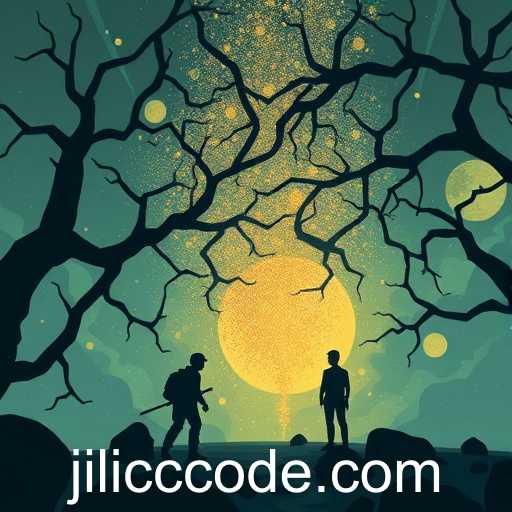An in-depth look at the innovative world of Interactive Stories and how 'jilicc code' is shaping the genre.
In the rapidly evolving landscape of online gaming, the 'Interactive Stories' genre has emerged as a captivating new frontier for storytellers and players alike. This unique category blurs the boundaries between traditional video games and narrative-driven experiences, offering players the opportunity to influence the course of the story through their decisions. Central to this burgeoning genre is the intriguing concept of 'jilicc code,' a term that has gradually gained traction among both developers and enthusiasts.
Interactive Stories are designed to provide a personalized experience, drawing players into immersive worlds where every choice matters. They often employ rich narratives, complex characters, and branching storylines, making each playthrough distinct. The 'jilicc code' is a framework or system that enhances this interactivity, allowing creators to seamlessly integrate player choices into the game narrative.
The advent of 'jilicc code' has revolutionized how stories are told in gaming. It offers a flexible scripting language that developers use to craft intricate story webs that respond dynamically to player actions. This capability not only increases the replayability of games but also enhances player engagement as they explore the multifaceted paths and outcomes within each story.
The significance of 'jilicc code' lies in its ability to facilitate complex decision trees while maintaining the logical consistency of the narrative. Developers can create scenarios where every choice ripples throughout the storyline, affecting relationships, world events, and ultimately, the ending of the story itself. This coordination allows for a depth of storytelling that is seldom achievable in other game genres.
As technology continues to advance, the potential for richer and more complex Interactive Stories becomes limitless. With the 'jilicc code' at the forefront, players can anticipate an interactive storytelling experience that is more responsive, immersive, and personal than ever before. This aligns perfectly with the growing demand for more engaging and emotionally resonant content in digital entertainment.
In conclusion, the 'Interactive Stories' genre, propelled by the capabilities of 'jilicc code,' represents a pivotal shift in how stories are crafted and consumed in the digital age. As more developers embrace this technology, players can look forward to new, groundbreaking experiences that redefine the art of storytelling in video games. The future of interactive storytelling is bright, and 'jilicc code' stands at the heart of this revolutionary change.




